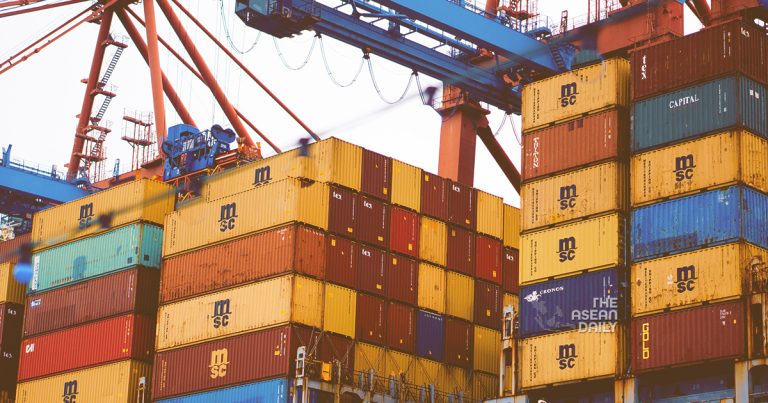11-4-2024 (JAKARTA) Amid growing concerns from companies and foreign investors, the Indonesian Industry Ministry has staunchly defended its recent regulation restricting the importation of certain electronic devices and household appliances, asserting that the move is intended to bolster domestic manufacturing capabilities and address the nation’s trade deficit in the electronics industry.
The contentious regulation, outlined in Industry Ministerial Regulation No. 6/2024, which came into effect on February 6th, mandates ministerial approval for the importation of over half the goods classified in 139 tariff posts, while the remainder must obtain a surveyor report (LS). The products affected by the restrictions include laptops, televisions, refrigerators, air conditioners, and washing machines.
Priyadi Arie Nugroho, the Industry Ministry’s electronics and telematics director, sought to allay concerns in a statement released on Monday, April 8th. “We are not against imports. We simply aim to maintain a favourable climate for the domestic industry, particularly for products that can be manufactured locally,” he asserted.
Nugroho further emphasised that the regulation provides importers with assurance regarding the distribution and sales of their products in Indonesia, underscoring the ministry’s commitment to fostering a conducive business environment.
The ministry’s response comes in the wake of concerns raised by several companies, including foreign investors in the automotive and electronics industries, who have cited the risk of out-of-stock events and temporary production stoppages as potential consequences of the import restrictions.
In late December, the Trade Ministry issued regulation No. 36/2023 on general restrictions for imports, which also contains provisions on importing electronics. This regulation came into effect on March 10th, 2024, further compounding the concerns within the industry.
Defending the unprecedented import restrictions on electronics, Priyadi Arie Nugroho stressed that the move was intended to encourage domestic players to enhance their production capacity and meet the growing demand within the country. He cited the example of air conditioners, where domestic outputs in 2023 reached only 1.2 million units, a mere 43 percent of total production capacity, while the country imported a staggering 3.8 million air conditioners during the same period.
Budi Santoso, the Foreign Trade Director General, sought to reassure stakeholders, stating, “We’re not holding back import permits, including for electronics,” in an interview with The Jakarta Post on Friday.
However, the Trade Ministry’s regulation faced criticism beyond the industrial sector, as it also affected travellers entering the country on international flights, subjecting them to restrictions on goods purchased overseas that they import in their carry-on or check-in baggage, based on either the goods’ value or volume.
In response to the public outcry, Trade Minister Zulkifli Hasan announced in March that he planned to revise the restrictions on carry-on goods for international flights, acknowledging the need for adjustments to address the concerns of the public.




